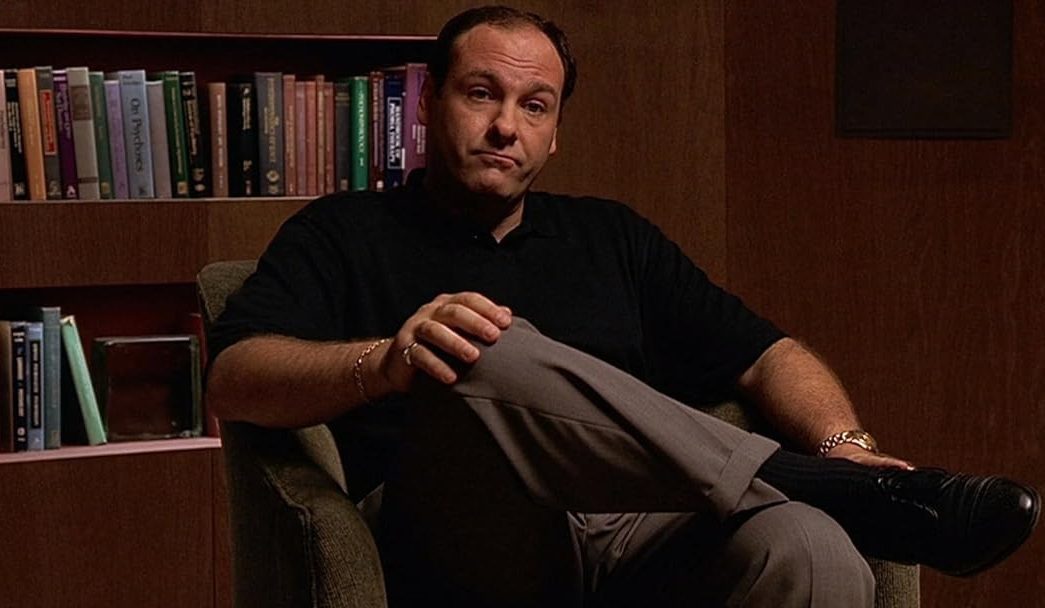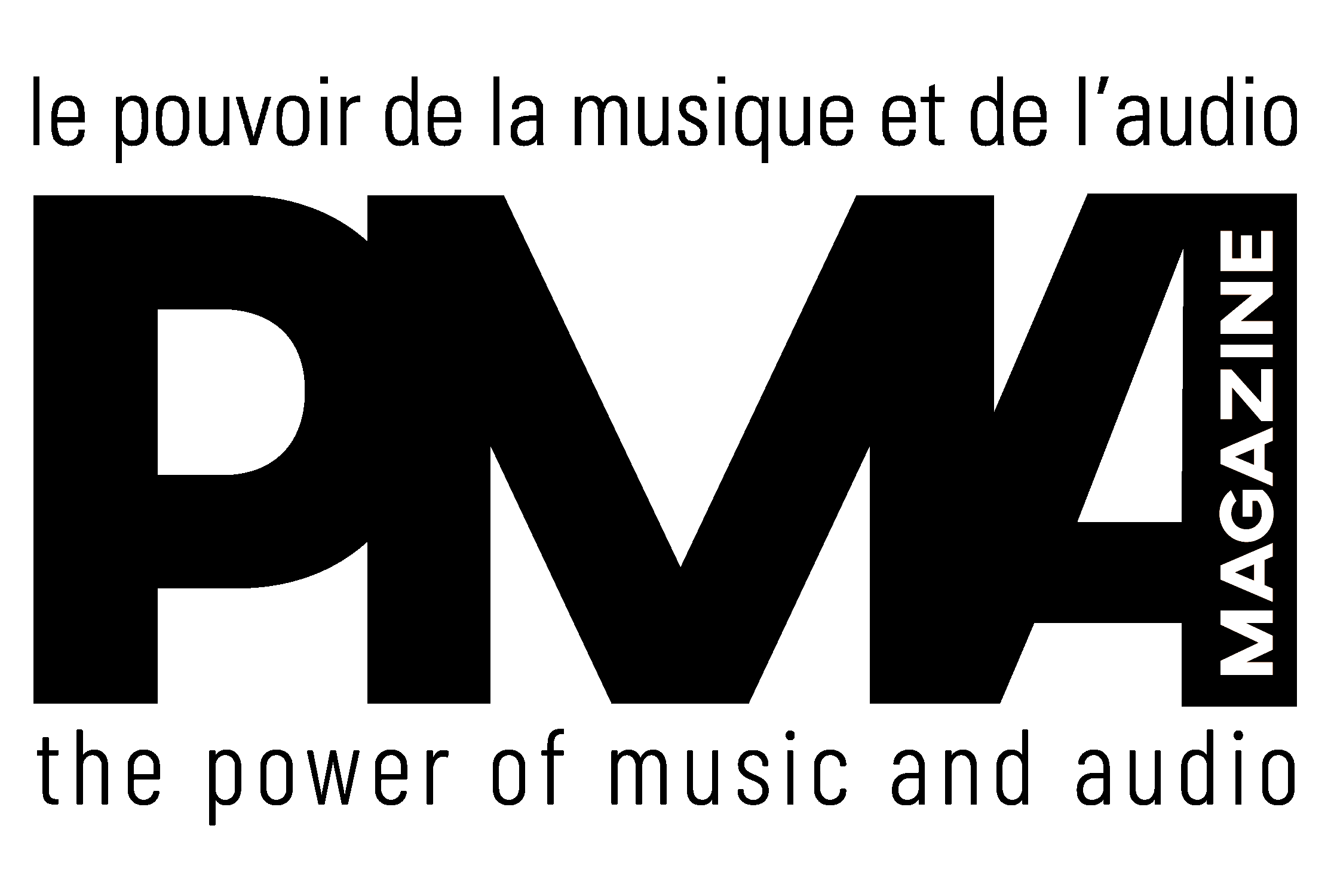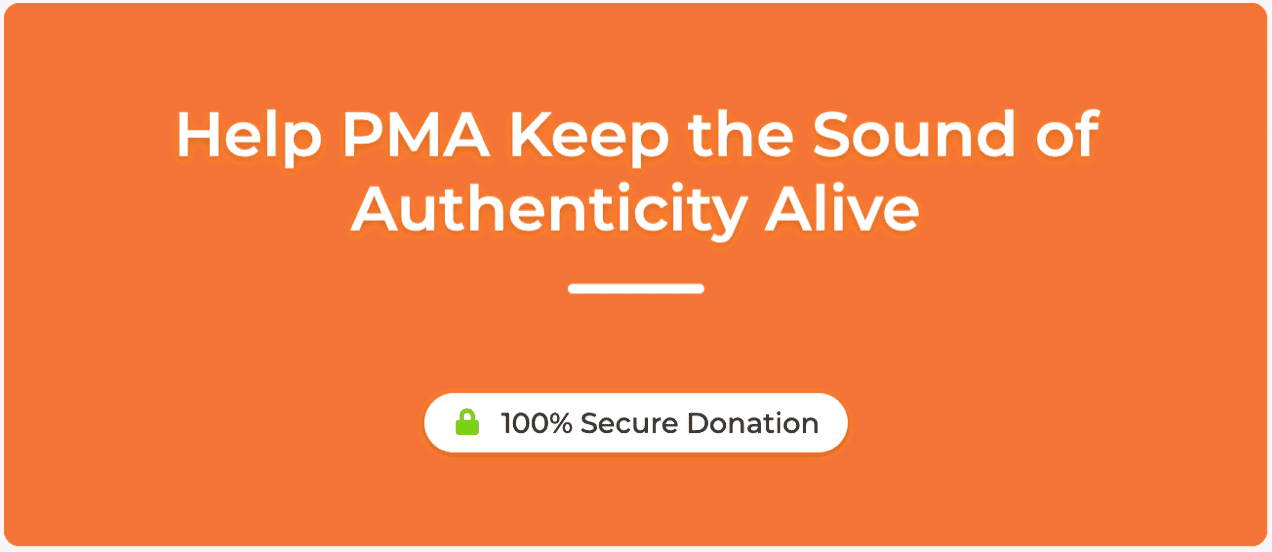
Once upon a time, we suffered in silence.
And then, we suffered with music.
Eventually, someone put a price tag on peace of mind. Self-care started costing as much as a used car, and in the no-man’s-land between retail therapy and actual therapy, we wound up choosing between buying noise-canceling headphones or achieving enlightenment. Enter: the high-fidelity nervous breakdown.
Some people go to therapy. Some do yoga. Others lie flat on the floor listening to Fleetwood Mac’s Rumours on repeat until their soul begins to exfoliate. All valid. All real. But only one of those requires a DAC, a headphone amp, and an audio interface that could launch a satellite. Yet somehow, no one’s talking about the financial burden of vibing.
The pursuit of wellness has become a luxury sport, and audiophiles are the latest casualties. What began as a simple desire to hear a guitar strum without compression has spiraled into a kind of spiritual arms race. Because if your sound system doesn’t cost more than your education, are you even healing?
Music was supposed to be about rest. Reconnection. Silence. Now it’s about latency rates and impedance settings. You can’t just feel things anymore, you need to feel them in 24-bit FLAC, piped through mahogany-encased speakers with hand-woven cables that whisper your insecurities back at you in lossless stereo. And God help you if the frequency response graph isn’t perfectly flat, because nothing says “emotional growth” like obsessively parsing signal-to-noise ratios on an online forum at 2 a.m. After all, if the THD isn’t under 0.001%, are you even healing? Or are you just objectively wrong?
Yet when that bass drop hits just right, and your trauma suddenly has a soundtrack, all the pieces click into place. You’re sobbing, yes. But sonically? It’s pristine. You can almost hear your coping mechanisms aligning. Congratulations, you’ve curated sadness
Self-care isn’t free. Neither is hi-fi. And somewhere, someone’s paying $2,500 for headphones that will make their existential dread sound like a soft jazz interlude. And honestly? Good for them. But the rest of us are left trying to vibe in 128kbps, wondering if we’ll ever afford clarity, emotional or otherwise.
Sign the petition. Demand government-funded DACs, state-subsidized streaming services, and emotional reparations in the form of planar magnetic headphones. Lobby for nationalized amp distribution, noise-cancelling as a basic human right, and monthly vinyl stimulus drops delivered by mail. Fight for universal vibecare. Because if the world’s going to fall apart, the least we deserve is to hear it beautifully.















Leave a Reply